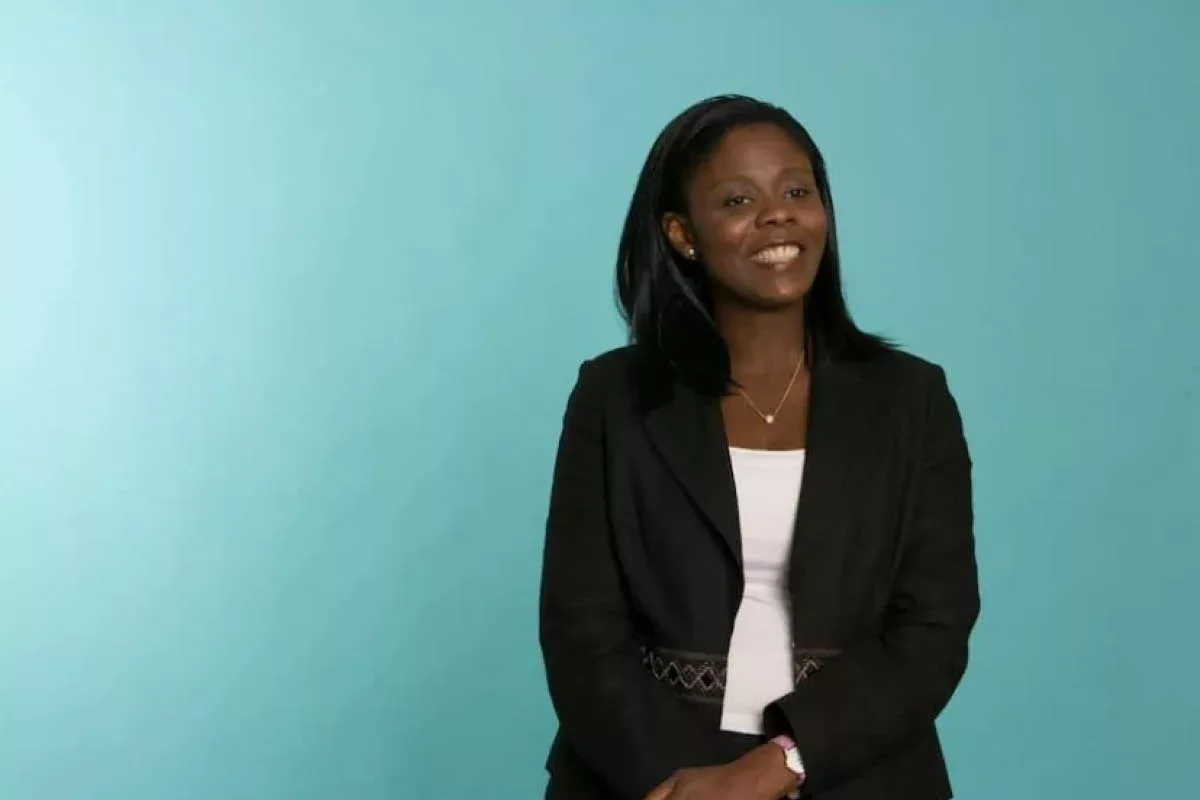
Keeping you up to date


International Women’s Day 2024: An interview with Peggy Ray
Latest News

Changes to the Family Procedure Rules

No More Week: Advocating for Change in Domestic Abuse and Sexual Violence

Goodman Ray are delighted to announce that Hannah Perry joins the firm today, as a partner.

New Judgment Re Z (Surrogacy: Step-parent Adoption)

Separated Families at Christmas

A Divorce made in Heaven

Judgment is now available in a complex financial remedies case conducted by Trudi Featherstone and Hannah Lamb

Black History Month – Professor Barbara Mills KC

Goodman Ray were pleased to be instructed by the IAFL to intervene and assist the Court of Appeal

Children law solicitors in conversation

Goodman Ray Recognised in Top 10 Influential Child’s Public Law Firms in London


